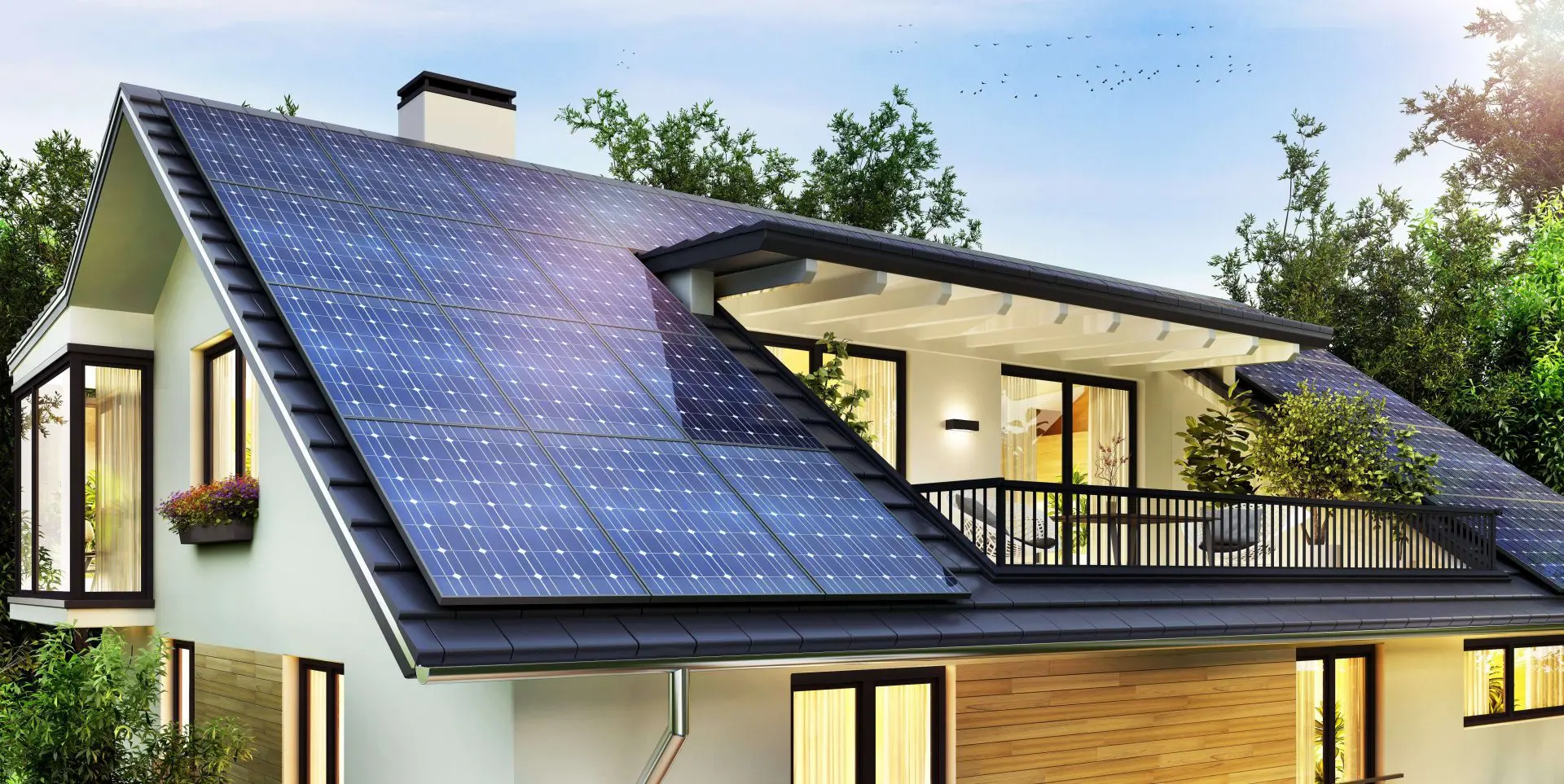Making your home more energy-efficient isn’t just good for the environment—it can also save you money on utility bills and increase your property value. Whether you’re planning a major renovation or just a few small changes, here are the best energy-efficient home upgrades that pay off in the long run.
- Upgrade to Energy-Efficient Windows
Why It Pays Off: Older windows can let heat escape in the winter and cool air leak out in the summer, making your HVAC system work harder. Energy-efficient windows can cut heating and cooling costs by up to 30%.
How to Do It: Look for double- or triple-pane windows with low-emissivity (Low-E) coatings. If a full replacement isn’t in the budget, adding weather stripping and caulk around existing windows can also help reduce energy loss.
- Install a Smart Thermostat
Why It Pays Off: Smart thermostats learn your schedule and adjust the temperature automatically, optimizing your home’s energy use and reducing heating/cooling costs by 10-20%.
How to Do It: Popular options like Nest and Ecobee are easy to install and can be controlled remotely from your smartphone.
- Upgrade to LED Lighting
Why It Pays Off: LED bulbs use up to 75% less energy and last 25 times longer than traditional incandescent bulbs, saving you money on both electricity and replacement costs.
How to Do It: Swap out old bulbs for LED alternatives in high-traffic areas of your home. Consider motion sensors or dimmer switches for additional savings.
- Improve Insulation
Why It Pays Off: Proper insulation helps regulate your home’s temperature, reducing the need for excessive heating and cooling. This can lower your energy bills by up to 20%.
How to Do It: Check your attic, walls, and crawl spaces for proper insulation. If needed, add spray foam, fiberglass, or cellulose insulation to improve energy efficiency.
- Install Energy-Efficient Appliances
Why It Pays Off: Energy Star-rated appliances use less electricity and water, leading to long-term savings on utility bills. Replacing an old refrigerator alone can save up to $200 per year.
How to Do It: When replacing appliances, look for Energy Star-certified options. Focus on high-energy-use items like refrigerators, dishwashers, and washing machines.
- Switch to Solar Panels
Why It Pays Off: While solar panel installation requires an upfront investment, it can drastically reduce or even eliminate electricity bills over time. Some homeowners see a return on investment within 5-10 years.
How to Do It: Research local incentives, rebates, and tax credits for solar energy. Many utility companies offer financing options to make solar more affordable.
Energy-efficient home upgrades not only help lower your bills but also make your home more comfortable and eco-friendly. Start with small changes like LED bulbs and smart thermostats, and work toward bigger upgrades like solar panels or new windows for long-term savings.

